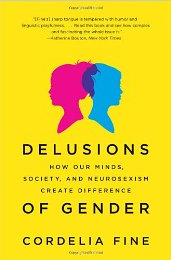The third issue (Spring 2013) of The Industrial Radical will be back from the printers and on its way to subscribers shortly, featuring articles by Less Antman, Jason Lee Byas, Kevin Carson, Nathan Goodman, Anthony Gregory, Trevor Hultner, Charles Johnson, Joshua Katz, Thomas L. Knapp, Abby Martin, Chad Nelson, Sheldon Richman, Jeremy Weiland, and your humble correspondent, on topics ranging from NSA surveillance and whistleblowing, the Turkish revolt, the Boston lockdown, the Keystone XL pipeline, intellectual property, and the futility of gun control in an age of 3-D printing, to compulsory schooling, American militarism, conscription, worker exploitation, property rights, prison ethics, rape culture, the pros and cons of communism, and the dubious legacy of Margaret Thatcher.
With each new issue published, we post the immediately preceding issue online. Hence a free pdf file of our second issue (Winter 2013) is now available here. (See the first issue also.)
Want to write for The Industrial Radical? See our information for authors and copyright policy.
Want to subscribe to The Industrial Radical? Visit our online shop.
Want to give an additional donation to the Molinari Institute? Contribute to our General Fund.

 So who was Sophie Raffalovich? Most of the information I’ve been able to find out about her (see especially
So who was Sophie Raffalovich? Most of the information I’ve been able to find out about her (see especially  Just saw him favourably quoting these words from MLK’s
Just saw him favourably quoting these words from MLK’s 

